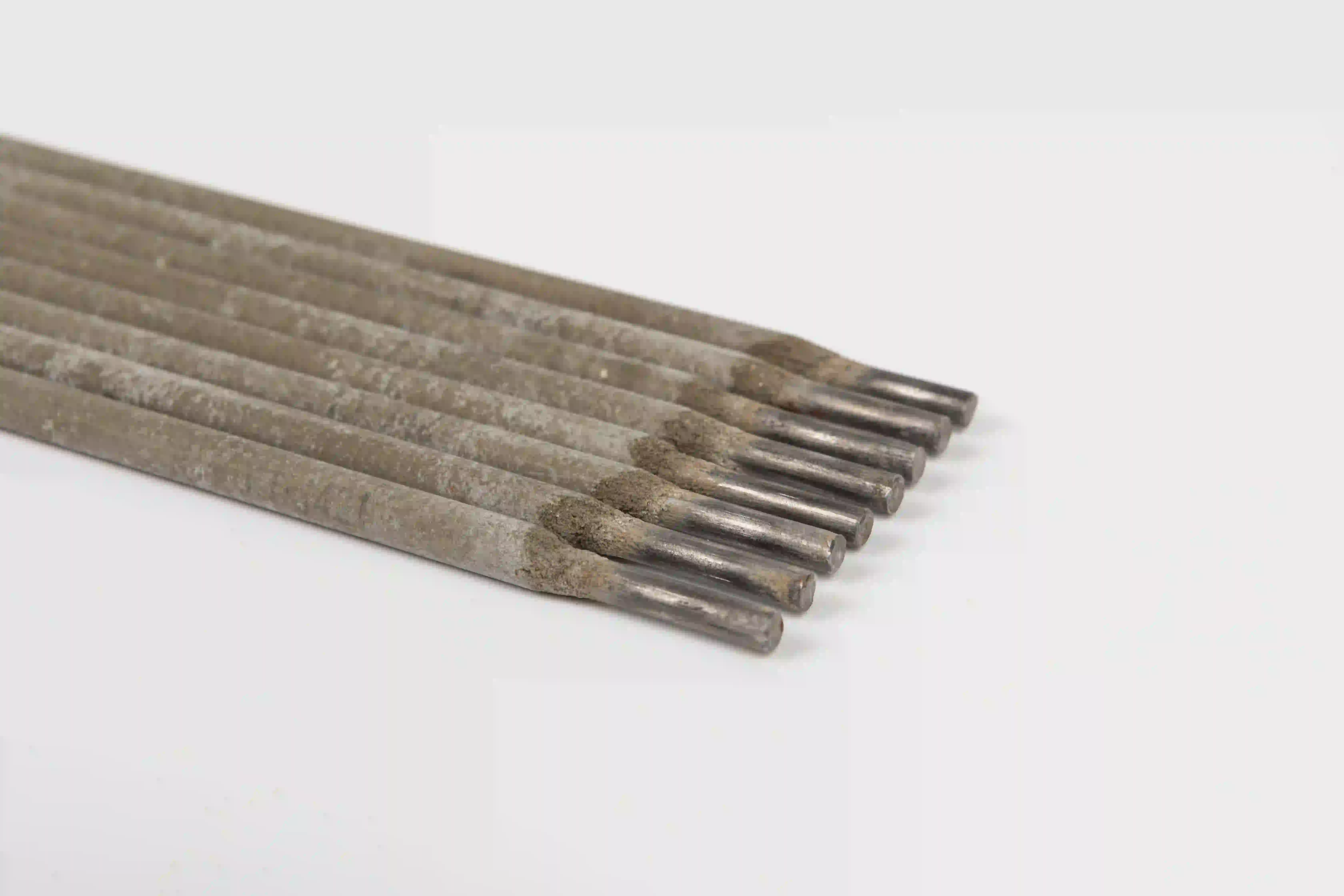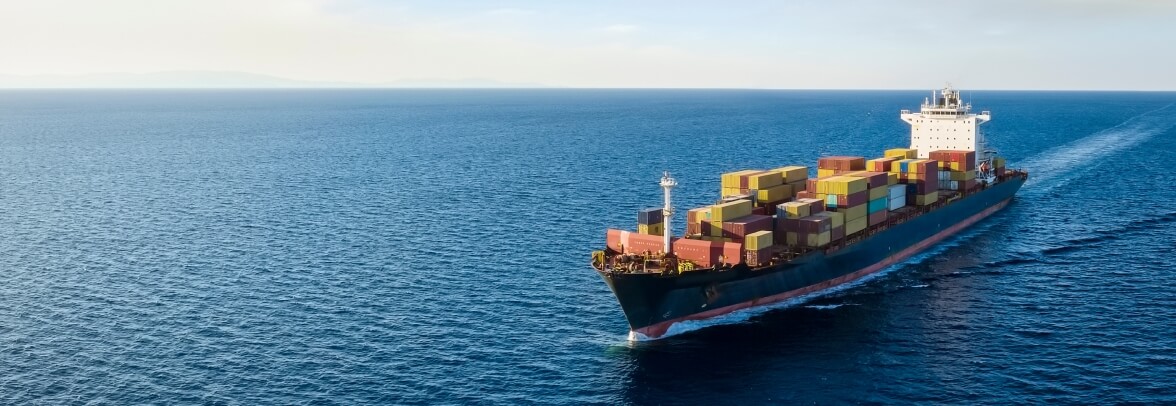Superior Welding Solutions for Shipbuilding: Carbon Steel Welding Electrode E7016
2025-03-20
In the demanding world of shipbuilding, the integrity of welded structures is essential for the safety, durability, and functionality of vessels. Shipbuilding requires materials and techniques that can withstand the harsh conditions of the marine environment. Among the various tools and materials used in the shipbuilding industry, welding electrodes play a crucial role in ensuring the quality and reliability of welded joints. One such essential welding electrode is the carbon steel welding electrode E7016. This high-performance welding rod is particularly suited for welding carbon and low alloy steel, and is ideal for applications in the construction of ships, offshore structures, and other heavy-duty maritime equipment. In this article, Longteng will explore the significance of carbon steel welding electrode E7016 in the shipbuilding industry, discussing how it contributes to producing high-quality, durable welded joints for marine vessels.
What is Carbon Steel Welding Electrode E7016?

The carbon steel welding electrode E7016 is an electrode used in Shielded Metal Arc Welding (SMAW), commonly known as stick welding. It is designed for welding carbon steel and low alloy steel in environments that require high strength, ductility, and resistance to impact. The "E7016" designation refers to the classification of the welding electrode according to the American Welding Society (AWS) standards. This classification provides information on the electrode's mechanical properties, chemical composition, and the type of current it is suitable for.
- E: Refers to an electrode for use in SMAW.
- 70: The tensile strength of the weld metal is 70,000 psi (or approximately 480 MPa).
- 1: Indicates that the electrode can be used in all positions (flat, horizontal, vertical, and overhead).
- 6: Refers to the type of coating on the electrode. The "6" indicates that the electrode has a medium cellulose coating, which allows it to work well in adverse conditions, such as outdoors or in windy environments.
Why is Carbon Steel Welding Electrode E7016 Essential for Shipbuilding?
Shipbuilding is a complex and precise operation that requires specialized materials and welding techniques to ensure the structural integrity and safety of the vessel. The carbon steel welding electrode E7016 is ideal for shipbuilding due to several key advantages that make it suitable for welding heavy-duty marine structures.
1. Superior Weld Strength and Durability
In shipbuilding, the welded joints must withstand extreme stresses, both during the construction phase and throughout the life of the vessel. The carbon steel welding electrode E7016 is specifically designed to produce welds with a high tensile strength of 70,000 psi (480 MPa), which is essential for creating strong, durable joints. These joints need to resist bending, fatigue, and other forces experienced by ships during their voyages. The high tensile strength ensures that the welds made with this electrode are robust and capable of supporting the stresses encountered in marine environments. The durability of the E7016 welding electrode is particularly beneficial in shipbuilding, where the welded joints are exposed to repeated mechanical stress and harsh environmental conditions. The ability of this electrode to produce crack-resistant welds helps minimize the risk of joint failure, which is critical for the safety of the vessel and its crew.
2. Excellent Resistance to Impact and Low-Temperature Performance
Shipbuilding projects often involve the welding of materials that must function under extreme temperature fluctuations and impact loads. The carbon steel welding electrode E7016 excels in these conditions by providing welds with excellent resistance to impact and low-temperature performance. The welds produced by this electrode have an impact energy of 170 J at -30°C, which ensures that they remain tough and resistant to cracking even in colder temperatures, which are common in certain marine environments. This impact resistance is crucial in preventing weld failures in the harsh, freezing waters that ships may encounter.
3. Versatility and All-Position Welding
Shipbuilding requires welding in various positions, including overhead, vertical, and horizontal. The carbon steel welding electrode E7016 is designed for all-position welding, making it highly versatile for the complex geometry of ship hulls and other large structures. Whether working on the ship's exterior or interior, welders can rely on this electrode to produce consistent, high-quality welds in any position. The all-position capability of the E7016 is especially valuable in shipbuilding, where access to welding locations can sometimes be difficult due to the size and complexity of the vessel being constructed. The ability to use the same electrode for multiple positions reduces the need for different electrodes, saving both time and costs in the welding process.
4. Superior Arc Stability and Smooth Finishing
The carbon steel welding electrode E7016 is known for its stable arc, which allows welders to maintain a steady and controlled arc throughout the welding process. This arc stability ensures that the weld pool remains consistent, reducing the chances of defects like porosity or inclusions in the weld. A smooth, even weld finish is essential in shipbuilding, as these welds must not only be strong but also free of imperfections that could compromise the vessel's safety and appearance. Moreover, the medium cellulose coating of the E7016 electrode provides good arc control and helps minimize spatter. This is important in shipbuilding, where maintaining a clean work environment and reducing the amount of post-weld cleanup can significantly improve overall efficiency and reduce labor costs.
In conclusion, the carbon steel welding electrode E7016 plays an indispensable role in the shipbuilding industry. Its high tensile strength, crack resistance, impact energy, and all-position welding capabilities make it ideal for use in the construction of ships, offshore platforms, and other marine structures. The versatility, reliability, and quality of welds produced with the E7016 electrode contribute significantly to the overall strength and durability of the vessel. By using the E7016 welding electrode, shipbuilders can ensure that their vessels and marine equipment meet the highest standards of safety, performance, and quality. Whether for new construction, repairs, or maintenance, this welding electrode proves to be an essential tool in the modern shipbuilding process, ensuring that welded joints are strong, reliable, and capable of withstanding the toughest marine conditions.





















 Email
Email